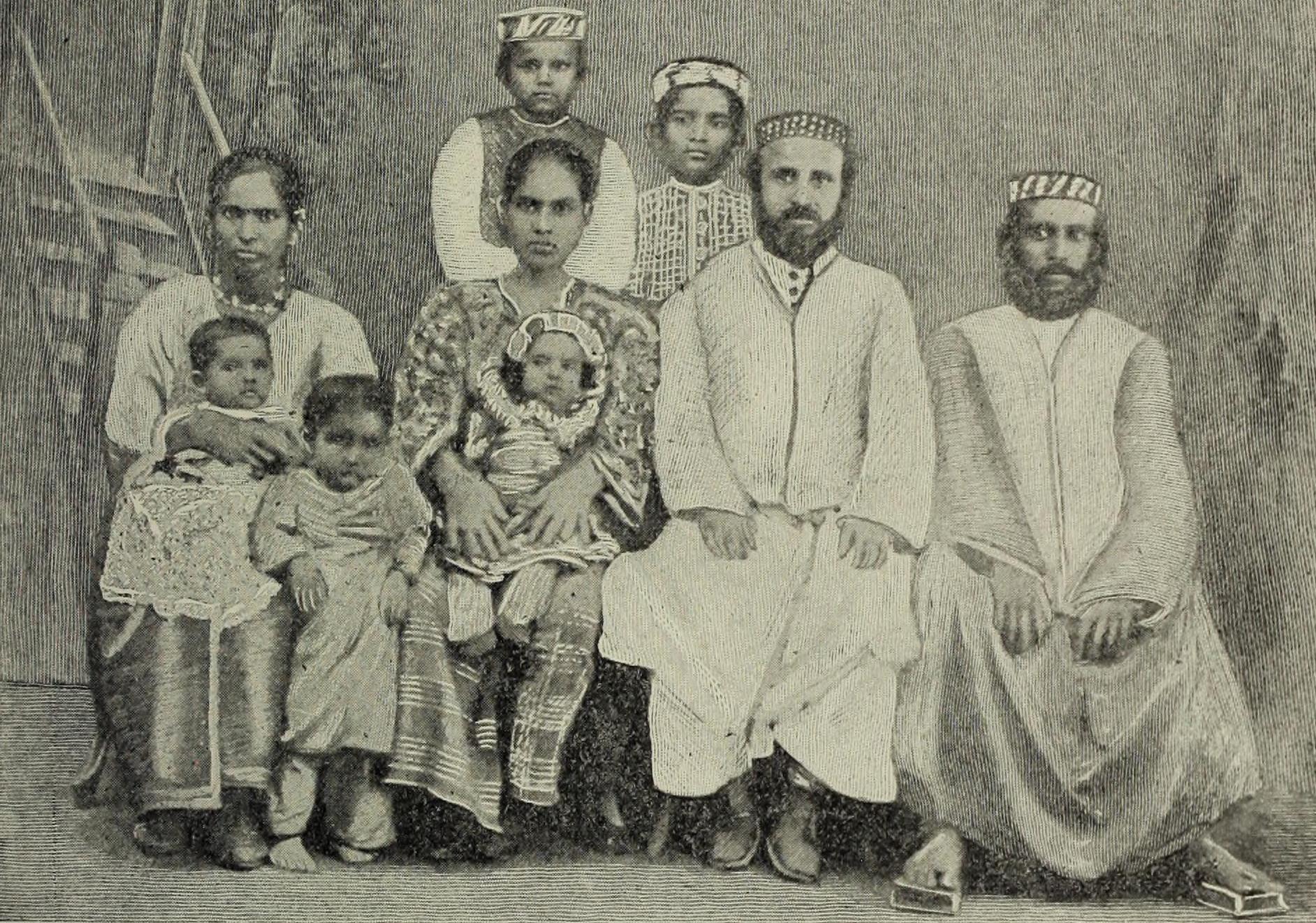The Malabar Jews of Cochin*, India, claim to have existed as a community since the times of King Solomon’s trade missions for ivory and silver. It is most likely, however, that their ancient community “only” dates back to the destruction of the Second Temple. The most important artifact recording the Jewish presence in the area is the “Sâsanam,” a set of copper plates on which it is recorded that Joseph Rabban was granted a small principality.
Rabban’s descendants maintained their chieftainship of the Malabar Jews until the sixteenth century (until an argument between two heirs ended it). But, in truth, their rule would certainly have been threatened by the newest power in India: the Portuguese, who were no great friends of the Jews. At the same time, a new population of Jews appeared in the Cochin region–a community of Sephardi Jews fleeing the Iberian Peninsula. These Jews, who became known both as the Paradesi Jews and the White Jews, held themselves aloof from Malabar Jews (who became known as the Black Jews due to their more native skin tone).
Unfortunately, for most of the history of the Cochin Jews, the White Jews and the Black Jews refused to form a united community. Although it appears that the two communities observed many of the same customs, they had separate synagogues. Additionally, there was a sub-community among the White Jews of remunerated slaves known as meshuchrarim, who were treated as second class citizens. Mirroring the surrounding Indian world, these Jews formed a caste system, with the meshuchrarim on the bottom.
Physical remains of the Cochin Jewish community, such as the Paradesi Synagogue, can still be visited by tourists in the area still known as “Jew Town,” but the community itself has dwindled to a mere handful of elders. While some left the community by integrating into the general Indian society, many chose to move to the State of Israel.
Today, August 15, is India Independence Day. This Treat was last posted in 2012.
*The city’s name was changed to Kochi in 1996.
Copyright © 2017 NJOP. All rights reserved
Related Posts
The Cochin Jews of India
The Malabar Jews of Cochin*, India, claim to have existed as a community since the…
3 Comments2 Minutes
Proud of the Jews
In this second week of the Olympics, continue to cheer on the Jewish Olympians.
0 Comments1 Minute
 Print This Page
Print This Page